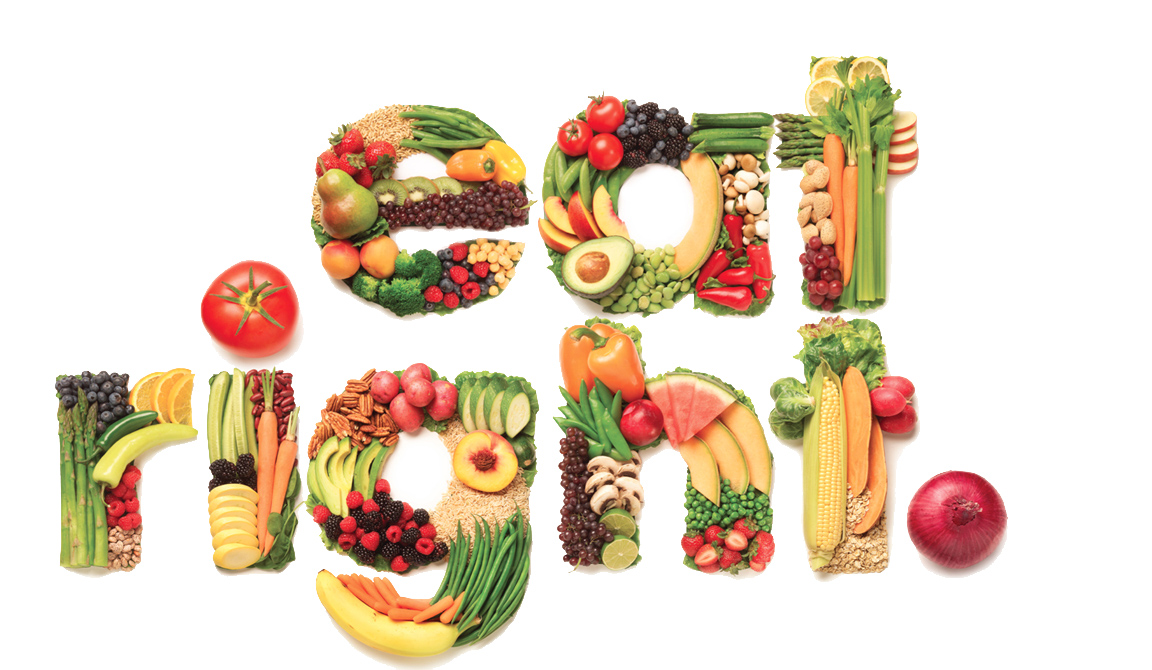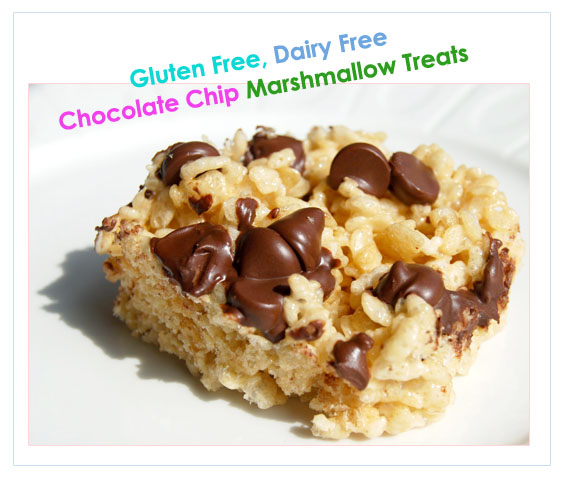It may all be in your mind…
It’s a New Year, which means it’s time to take stock of your diet and eating habits and see if there is something that needs changing. Perhaps you need to cut back on the amount of processed food, or you need to add more veggies and fruits to your diet. Maybe it’s all about cutting back on calories or adding more healthy fats.
Whatever the case, you can expect to spend a bit more money on your diet. After all, healthy foods tend to cost more, right? Well, according to new research out of the Fisher College of Business at Ohio State University, that might not be totally true…
We humans tend to make food choices based on the belief that the pricier a food is, the healthier it is. This is often due to the fact that foods labeled “organic” or “fair trade”—which have been linked to “healthy” in our minds—tend to sell for a higher price. However, you’ll find that this isn’t always the case.
In one study, participants were given snack foods that were “new” products. Some participants were told the food was a healthy product, while others were told the food was not as healthy. They were then asked to estimate the price of the foods. The participants who were told the food wasn’t healthy believed the price was much lower, while those who believed the food was healthy rated the price higher.
In a second study, half of the participants were instructed to choose the “healthier” of two nearly identical options. The only difference between the two items was the price. Those instructed to choose healthy tended to select the more expensive option, believing that they were the healthier ones.

READ MORE: Health Foods You Should Avoid Like the Plague
In a third study, people were given a “health food” product with different ingredients. One was a well-known ingredient (Vitamin A), while the other was a less-known ingredient (DHA). The participants were asked to choose which they believed would be healthier, and were given different-priced products. The majority confronted with the pricier version of the DHA-containing product selected it. Their lack of knowledge of DHA and their belief that “pricier = healthier” led them to make that choice.
In the final study, participants were given a product labeled “The Healthiest Protein Bar on the Planet”. They read reviews and the nutritional information on the product. Some subjects were told the product was very cheap, while others were quoted a higher price. Those who received the lower price quote tended to read more reviews on the product, as they had a harder time believing something so cheap could be so good. On the other hand, those quoted the higher price accepted the price and the claim without as much reservation.
Remember this next time you go shopping for your diet foods: just because the price is higher, that doesn’t mean it’s healthier or even of higher quality.
Food is priced according to a wide range of variables controlled by the manufacturers. Two identical food items of two different brands can be priced very differently, and there is nothing to say which is better.
Don’t make the mistake of paying more for food that looks “healthy” without being sure that it really is. A lot of the time, you’ll end up wasting money on food items that are marketed as healthy, but still have as many calories, grams of sugar, and empty carbs as regular food items. Know what you’re buying, but know WHY you’re buying it as well!








